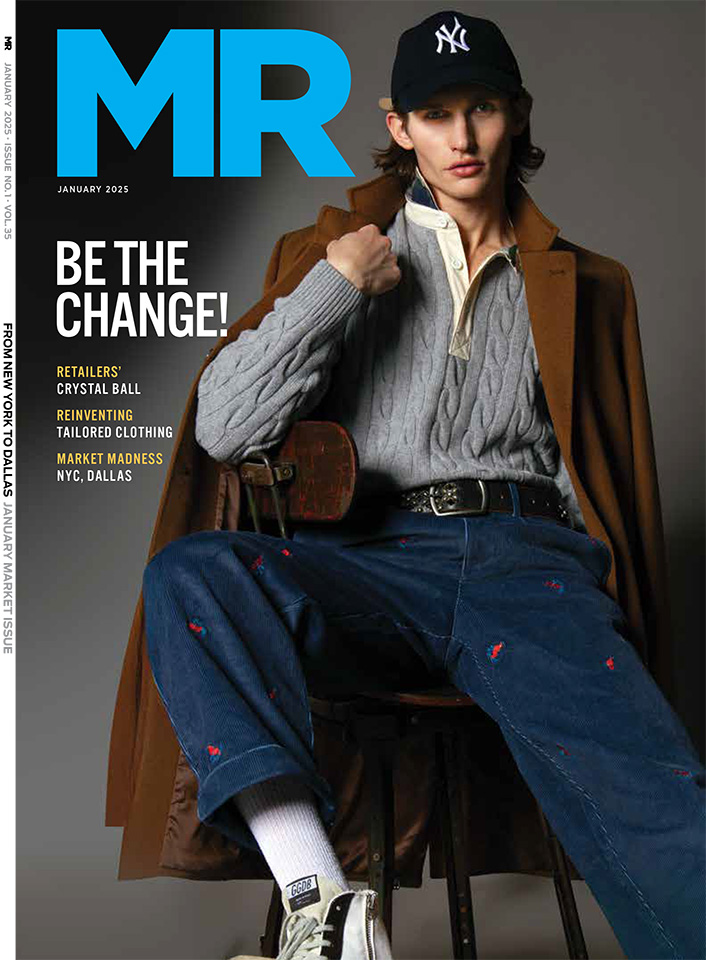What Amazon Does To Poor Cities

San Bernardino, Calif.—This community was still reeling from the recession in 2012 when it got a piece of what seemed like good news. Amazon, the global internet retailer, was opening a massive 950,000-square-foot distribution center, one of its first in California, and hiring more than 1,000 people here.“This opportunity is a rare and wonderful thing,” San Bernardino Mayor Pat Morris told a local newspaper at the time. In the months and years that followed, Amazon dramatically expanded its footprint in and around San Bernardino, a city 60 miles east of Los Angeles. The company now employs more than 15,000 full-time workers in eight fulfillment centers (where goods are stored and then packed for shipment) and one sortation center (where packages are organized by delivery area) in the Inland Empire, the desert region bordering Los Angeles that encompasses Riverside and San Bernardino counties. This expansion provided a lifeline to the struggling region, creating jobs and contributing tax revenue to an area sorely in need of both. In San Bernardino, the unemployment rate that was as high as 15 percent in 2012 is now 5 percent.Yet in many ways, Amazon has not been a “rare and wonderful” opportunity for San Bernardino. Workers say the warehouse jobs are grueling and high-stress, and that few people are able to stay in them long enough to reap the offered benefits, many of which don’t become available until people have been with the company a year or more. Some of the jobs Amazon creates are seasonal or temporary, thrusting workers into a precarious situation in which they don’t know how many hours they’ll work a week or what their schedule will be. Though the company does pay more than the minimum wage, and offers benefits like tuition reimbursement, health care, and stock options, the nature of the work obviates many of those benefits, workers say. “It’s a step back from where we were,” said Pat Morris, the former mayor, about the jobs that Amazon offers. “But it’s a lot better than where we would otherwise be,” he said. Read more at The Atlantic.

